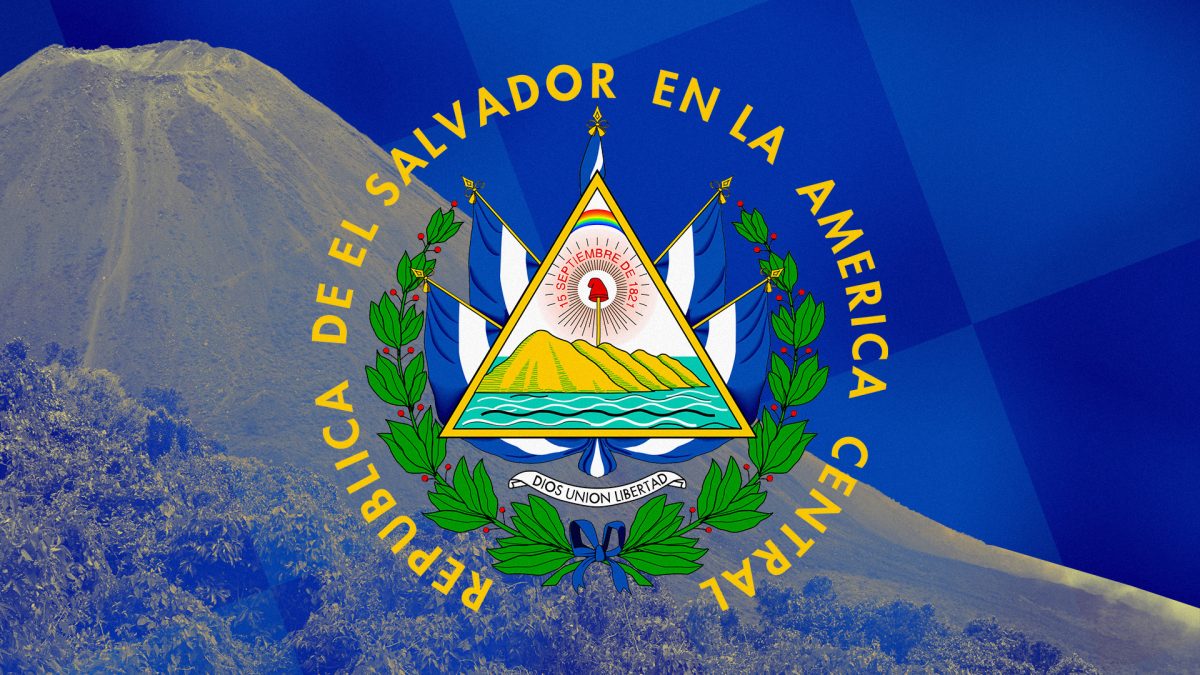
El Salvador's New Crypto Law: Institutional Shift
El Salvador's assembly has passed a groundbreaking law permitting large financial institutions to apply for licenses to provide financial services in Bitcoin and other digital assets aimed at sophisticated investors. Under this law, financial institutions with a minimum capital of $50 million can qualify as investment banks, distinct from standard commercial banks. These investment banks are now able to apply for licenses to offer crypto-related financial instruments specifically to investors holding over $250,000 in liquid assets, including Bitcoin. Although the categories for crypto licenses—such as Bitcoin service providers, digital asset service providers, and digital asset issuers—were established in previous legislation, this new law enables investment banks to integrate these licenses with their existing banking licenses. This means that well-capitalized institutions can hold Bitcoin, issue tokens, and create crypto-linked deals without needing a new regulatory framework. Representative Dania González noted in a press release that "the institutional architecture of the Salvadoran financial system will expand as a new, regulated entity, complementing the traditional banking system we all know." The initiative received support from El Salvador's Ministry of Economy. Transition from Retail to Institutional Investment This legislative move marks a significant shift from focusing on individual retail investors towards institutional capital. Although El Salvador mandated businesses to accept Bitcoin as payment in 2021, the government reversed this regulation and other related initiatives in early 2025 to secure a $1.4 billion loan from the IMF. Despite the initial push for Bitcoin adoption, analysts reported low engagement from Salvadoran citizens, with only around 1% of remittances involving crypto assets, and just 2 in 10 Salvadorans stating they have embraced cryptocurrency. While the Bitcoin Office, under President Nayib Bukele’s oversight, continues to claim it purchases 1 BTC daily, El Salvador's central bank president revealed in July to the IMF that the country has not bought Bitcoin since the loan agreement. The IMF's report indicates that the supposed Bitcoin purchases were actually transfers from various government wallets into the central reserve wallet, which had previously acquired the Bitcoin. Disclaimer: The Block operates as an independent media outlet delivering news and research. As of November 2023, Foresight Ventures is a majority investor in The Block, which remains independent in providing objective and timely information about the crypto industry. This article is for informational purposes only and should not be interpreted as legal, tax, or financial advice.
FAQ
❓ What is the significance of El Salvador's new Bitcoin law?
It allows large financial institutions to offer Bitcoin services, marking a shift towards institutional investment.
❓ How does this law affect retail Bitcoin adoption?
The focus is shifting away from retail investors to institutional capital, indicating a new phase in El Salvador's crypto landscape.